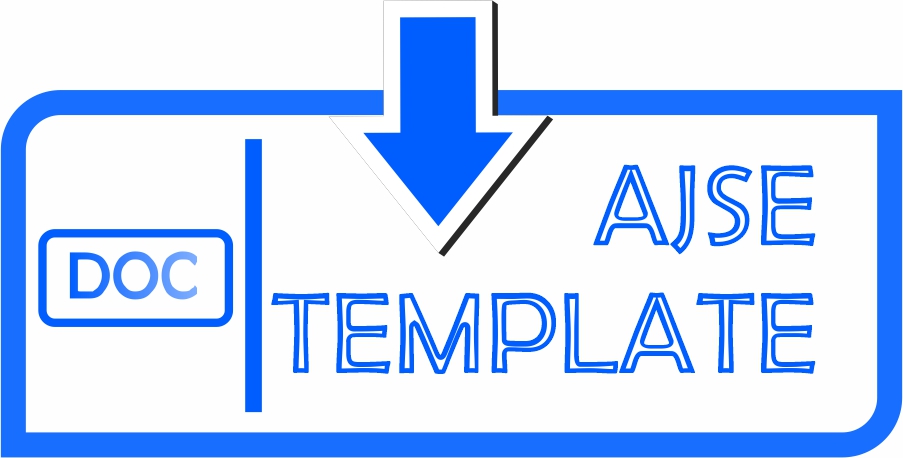OPTIMIZATION AND TECHNO ECONOMIC STUDY OF PLASTIC WASTE BENEFICIATION WITH PRODUCTION SIMULATION APPROACH CASE STUDY AT CV. PANDU KENCANA JOMBANG, EAST JAVA
Mahendra Rian Putra(1*), Muslikhin Hidayat(2), Muhammad Arif Wibisono(3)
(1) Universitas Gadjah Mada
(2) Universitas Gadjah Mada
(3) Universitas Gadjah Mada
(*) Corresponding Author
Abstract
The problem of plastic waste is getting more and more worrying day by day. Meanwhile, the industrial demand for plastics is also increasing. So we need a recycling business that can bridge this. Plastic waste in the environment can be decomposed, and the industry fulfills plastic needs at low prices. This study aims to analyze and optimize the business of recycling plastic waste into plastic ore to reduce the amount of plastic waste in the environment and obtain material benefits. The research method used is a case study in a plastic waste processing company with the collection of data needed to determine the formulation of the problem so that a mathematical model of linear equations can be formed, which then, through production simulations, will be obtained optimization. The results are then analyzed with a techno-economic study to determine the feasibility of the business.
After optimization of production from simulations based on a mathematical model of linear equations, if the company wants to get maximum profit, then the company must produce PP Black A of 1022.73 kg, PP Black B of 852.27 kg, PP Gray of 625 kg. Meanwhile, PP Gray Jumbo should not be produced. Based on the techno-economic study, the feasibility analysis before optimization was obtained as ROIa=23.40%, ROIb=23.24%, POTa=2.99 years, POTb=3 years, BEP=36.07%, SDP=23.98% LANG=4.1, DCFRR=18.8 %. Then the feasibility analysis after optimization is ROIa=29.88%, ROIb=29.73%, POTa=2.5 years, POTb=2.51 years, BEP=31.03%, SDP=20.63%, LANG=4.1, DCFRR=24.85%.
Full Text:
PDFReferences
Chen, H. L., Nath, T. K., Chong, S., Foo, V., Gibbins, C., & Lechner, A. M. (2021). The plastic waste problem in Malaysia: management, recycling and disposal of local and global plastic waste. SN Applied Sciences, 3(4), 437. https://doi.org/10.1007/s42452-021-04234-y
Duong, V., Ahmed, A., & Farook, O. (2018). A Model Template Green Environment Initiative for Recycling Plastic Bottles with Progressive Entrepreneurship Partnership. 2018 Portland International Conference on Management of Engineering and Technology (PICMET), 1–5. https://doi.org/10.23919/PICMET.2018.8481786
Evode, N., Qamar, S. A., Bilal, M., Barceló, D., & Iqbal, H. M. N. (2021). Plastic waste and its management strategies for environmental sustainability. Case Studies in Chemical and Environmental Engineering, 4, 100142. https://doi.org/https://doi.org/10.1016/j.cscee.2021.100142
Ghosh, D., Bandyopadhyay, S. K., & Taki, G. S. (2020). Green Energy Harvesting from Waste Plastic Materials by Solar Driven Microwave Pyrolysis. 2020 4th International Conference on Electronics, Materials Engineering Nano-Technology (IEMENTech), 1–4. https://doi.org/10.1109/IEMENTech51367.2020.9270122
Gourmelon, G. (2015). Global plastic production rises, recycling lags. Vital Signs, 22, 91–95.
Kumar, S., Panda, A. K., & Singh, R. P. (2011). A review on tertiary recycling of high-density polyethylene to fuel. Resources Conservation and Recycling, 55, 893–910.
Purwaningrum, P. (2016). UPAYA MENGURANGI TIMBULAN SAMPAH PLASTIK DI LINGKUNGAN. INDONESIAN JOURNAL OF URBAN AND ENVIRONMENTAL TECHNOLOGY, 8(2), 141–147.
Street, M. E., & Bernasconi, S. (2021). Microplastics, environment and child health. Italian Journal of Pediatrics, 47(1), 75. https://doi.org/10.1186/s13052-021-01034-3
Suartika, I. M., Wijana, M., & Sudrajadinata, M. (2015). KAJIAN TEKNO EKONOMI UNIT ALAT PENCACAH PLASTIK UNTUK MENINGKATKAN NILAI JUAL SAMPAH PLASTIK: STUDI KASUS-UD. SARI PLASTIK LOMBOK TIMUR, NTB. Dinamika Teknik Mesin, 5(2).
Wen, Z., Xie, Y., Chen, M., & Dinga, C. D. (2021). China’s plastic import ban increases prospects of environmental impact mitigation of plastic waste trade flow worldwide. Nature Communications, 12(1), 425. https://doi.org/10.1038/s41467-020-20741-9
Article Metrics
Refbacks
- There are currently no refbacks.
Copyright (c) 2021 ASEAN Journal of Systems Engineering

This work is licensed under a Creative Commons Attribution-ShareAlike 4.0 International License.
Universitas Gadjah Mada


